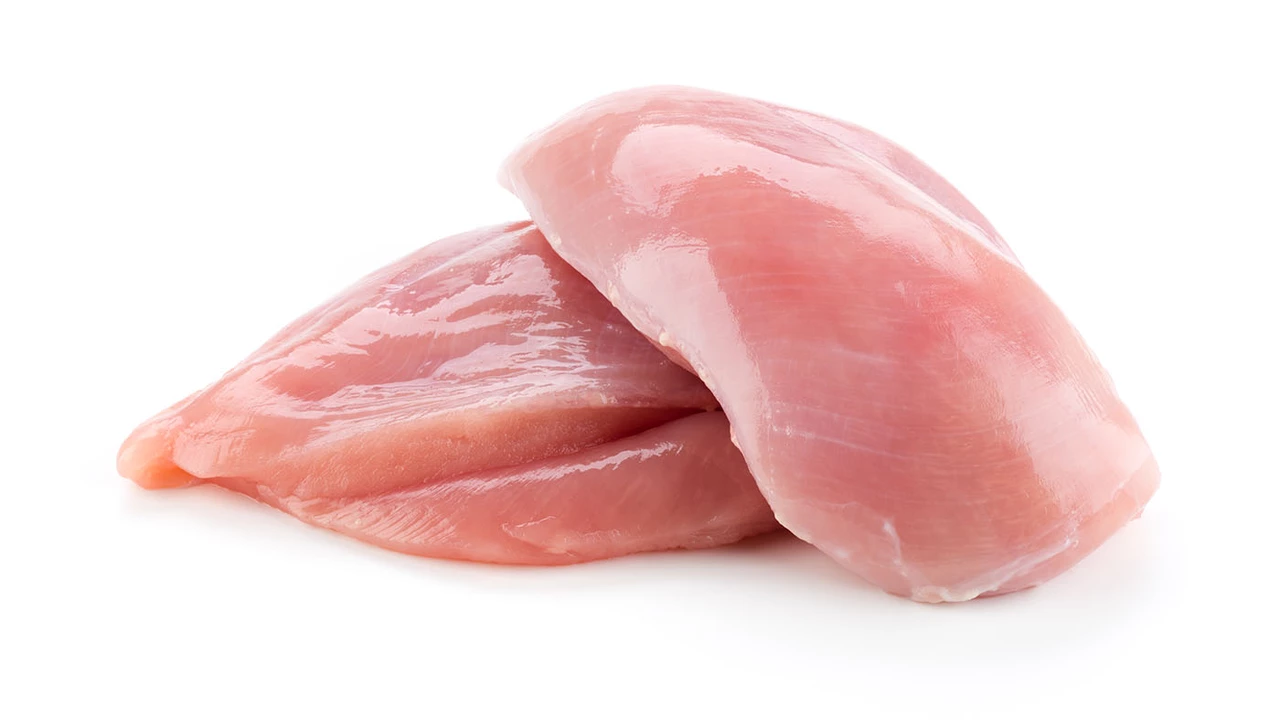The Crux of the Chicken Conundrum
Now, let's cut straight to the chase. Aiden here facing one of humanity's age-old cooking dilemmas: how to keep a chicken breast from turning as dry as a desert floor when cooking it? You know what I mean. You slave over a hot stove, diligently seasoning, sautéing, and savoring the mouthwatering aromas of what you're sure will be a culinary masterpiece. And then, that first bite...feels like chewing on a piece of shoe leather.
But fear not dear readers, I have suffered countless ‘desert chicken’ experiences to learn the way out of this predicament. It’s almost like a 'rite of passage' for any cook. It's time to bid farewell to those dry, disappointing dinner disasters and embrace the tender, juicy goodness you really deserve.
Embracing the Brine Time
The trick all begins with the magical process of brining. As magical as it sounds, it's surprisingly simple. To put brining in a nutshell, it's basically a salty bath for your chicken for a specified period of time. Doesn't sound too complicated, right? Trust me, brining magically transforms those dry, lifeless chicken breasts into mouthwatering juicy delights.
The basic science behind this is that the salt in the brine solution allows the chicken to absorb more water, ultimately making it juicier. You can add herbs and spices to your brine for an added layer of flavor. The golden rule here is to keep the chicken in the brine for about an hour per pound. But don't fret! If you are crunched for time, a quick 15-minute soak will still do wonders. Remember, the longer the brine time, the juicier your chicken!
Poach in Piquant Perfection
Believe it when Aiden says the word "poaching" doesn't only apply to eggs. Poaching chicken breasts can be the solution to a succulent supper. Poaching is a method which involves cooking food gently and slowly in simmering liquid just until it's cooked through. This'll keep your chicken breast from drying out because it's constantly being bathed in liquid. It's like a day at the spa for your chicken!
For a simple poaching, all you need is enough water to cover your chicken in a pot. You get bonus points for adding aromatics like garlic, bay leaves and peppercorns for extra flavor. The aim here is to bring your pot to a simmer, not a boil, and let your chicken bathe until it's cooked. This method will give you a tender, juicy chicken that's ready for elevating any recipe.
Grilling with Gusto: Maritime to Winning Treats
Now let's say you want a smoky, charbroiled flavor instead of the subtle hints from poaching. Cue the dramatic music. The stage is set. Enter grilling, one of the trickiest ways to cook chicken breast without drying it out. Wrong move and you could be hosting a ‘shoe leather’ party again!
The key point here is to not overcook the chicken on the grill. Maintain a moderate heat throughout the grilling process and remember, chicken is done when its internal temperature reaches 165°F. A simple drizzle of marinate or a brush of olive oil can keep your chicken lipsmackingly juicy. Seizing control of the flame, managing the marination, and ensuring the right cooking time can master the art of grilling. It's all about balance, baby!
Oven Lovin': The Hidden Harmony
Baking is another excellent method to keep chicken moist and appetizing. But nothing scares a home cook more than the prospect of dry, overcooked chicken! The mantra here is that slower is better. Baking at low temperatures gives the chicken time to absorb the heat evenly, ensuring a tender result.
Preheating the oven to a slower 350-375°F and baking the chicken for a longer period will ensure its juices are sealed and it cooks evenly. You don't want the outside done to a crisp, while the core is still a game of 'find the pink'. Unlike grilling and sautéing, baking is a more forgiving process and a simple thermometer check can make you a champion of ‘ovened’ delights.
Steer Clear of Overcooking: Navigating the Booby Traps
The universal truth about meat is this: the more it's cooked, the more moisture it loses. And with lean meats like chicken breasts, margin for error is less. A minute extra on the stove and it's a quick journey from juicy to jerky!
No matter which method you choose—brining, poaching, grilling, or baking—the foundation to cooking juicy chicken is to avoid overcooking. Period. And folks, this is where a meat thermometer comes into play. A quick jab into the thickest part of the chicken will give you an accurate reading and prevent your culinary ambitions from ending in dried disappointment!
Recap: The Secret Sauce to Succulent Chicken
So we've been on quite an adventure, haven't we! From brining and baking, to grilling and poaching - we've tested various waters and dove deeper into the realms of chicken cookery. Hopefully, these tips will help you wave goodbye to dry chicken blues.
Remember, it's about understanding and respecting the process. Be patient with your poultry. And most importantly, there's no shame in making mistakes and learning from them. That’s how Aiden, your humble guide in this chicken journey, found his way to the succulent side of life.
Embrace the methods, command the flame and, before you know it, you'll be celebrating tender triumphs with every bite of your chicken. Aiden is signing off now, but remember — juicy chicken is just a careful cook away!
